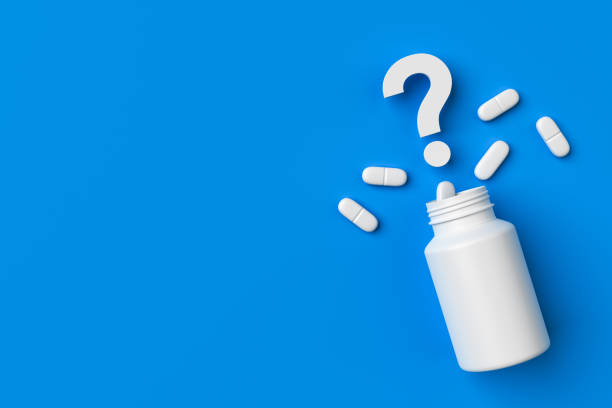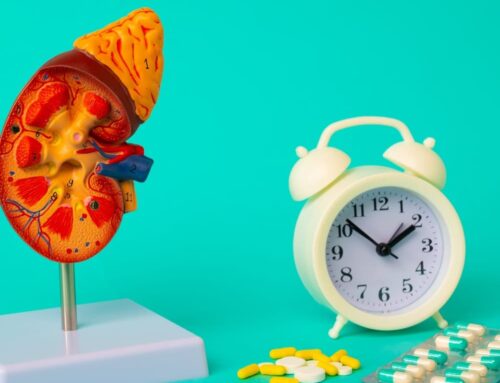In a tragic incident in May 1998, best friends Kimberly Brooks and Monique Ishikawa lost their lives when their car was hit at a shocking 100 mph near the Canadian border, resulting in a fiery crash. The driver responsible, Julia Campagna, faced charges of manslaughter, but in a surprising turn of events in September 1999, a British Columbia Supreme Court Justice deemed Campagna “not criminally responsible by reason of mental illness.”
Campagna’s defense argued that the herbal weight loss supplement Xenadrine played a pivotal role in her psychosis, contending that the ephedrine and caffeine found in the product could be a dangerous combination. She claimed that she was delusional and heard voices from her car radio, urging her to drive faster.
This tragic incident led Campagna and the victims’ families to sue Cytodyne Technologies, the manufacturer of Xenadrine, asserting that the main ingredients—ephedrine and caffeine—present in the capsules could create a perilous mixture, akin to a “speed cocktail.”
Mark Scheer, the attorney representing the families, emphasized, “We believe that when you take an ephedra-based product, mix it with some other synergistic chemical like caffeine or other components of these products, you’re in essence making a speed cocktail.”
Psychiatric journals have documented other cases where individuals using ephedra and caffeine products exhibited symptoms of mental problems, further heightening concerns regarding the safety of these substances.
Attorneys for Cytodyne staunchly deny the allegations that the product induces psychosis, pointing to the label’s warning: “do not use if you are at risk or being treated for psychiatric disease.” They argue that Campagna had a pre-existing history of mental illness and should not have taken Xenadrine.
Brian Malloy, an attorney for Cytodyne, emphasized, “It is our view that no person who has a psychiatric disorder should take a stimulant without the advice of their physician.”
Xenadrine is just one of numerous popular weight-loss products available nationwide that contain ephedra, caffeine, and various herbal ingredients. Since 1994, the Food and Drug Administration (FDA) has received a staggering 1,400 complaints of health issues—including high blood pressure, strokes, and heart attacks—from individuals who claim to have taken ephedra-based products.
As debates and legal battles ensue over the safety and potential risks associated with Xenadrine and similar supplements, it remains imperative to closely consider the implications of using such products, especially in the context of pre-existing medical conditions and overall health. Striking a balance between weight-loss goals and potential health risks remains a crucial aspect of responsible supplement usage.








